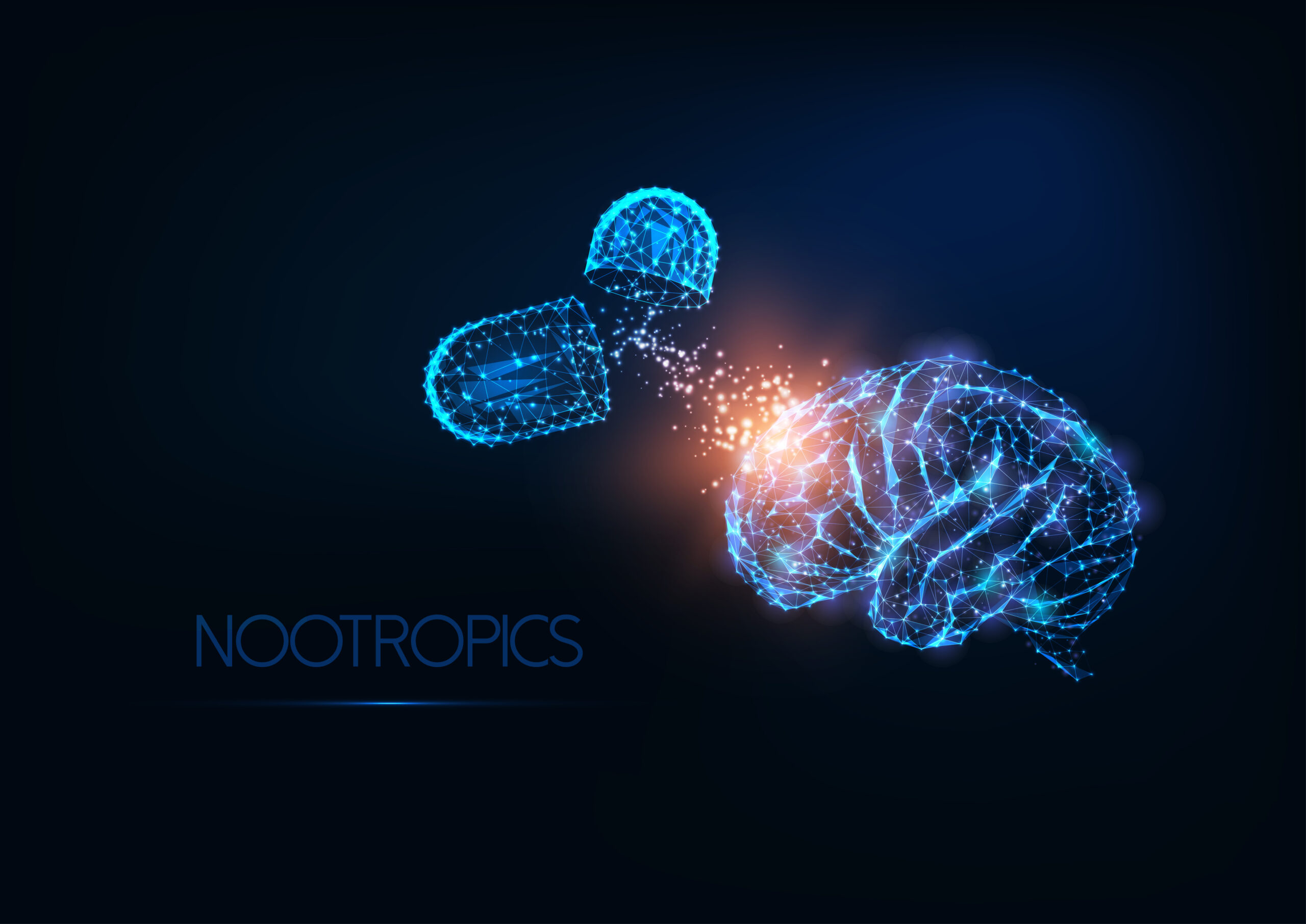Curricula of the Future: What Happens When Education Stops Chasing Work?
Inspired by Carvalho, Iglesias & Ivanov’s Education 2070: A Conceptual Framework
In 1961, President John F. Kennedy made a speech at Rice University. “We choose to go to the moon,” he said, “not because it is easy, but because it is hard.” It was a bold declaration, not of efficiency, but of aspiration. The goal wasn’t merely technological achievement—it was the kind of person a nation becomes when it reaches beyond necessity.
What Kennedy understood about space travel, Carvalho, Iglesias, and Ivanov understand about education in the age of artificial intelligence. In their Education 2070: A Conceptual Framework, they ask a question that echoes Kennedy’s spirit: if we no longer need to work, what will we still need to learn?
This isn’t a trivial question. In fact, it might be one of the most profound inquiries facing 21st-century educators, policymakers, and learners. And like Kennedy’s moonshot, the answer is not rooted in practicality. It’s rooted in purpose.
The End of Employability?
Let’s begin with a simple assumption: that most of the jobs we train people for today—accountants, drivers, radiologists, perhaps even lawyers—will be done more efficiently by machines by 2070. If that future materializes, our current curricula, built to funnel people into a labor market, begin to lose their logic.
Carvalho and her co-authors don’t deny this trajectory. They accept it—and pivot. They argue that if employment is no longer the end goal of education, then education must become a site for something deeper: the cultivation of wisdom, identity, and social resilience.
In other words, education doesn’t disappear—it expands.
Wisdom: The New Core Subject
Consider a classroom where the goal isn’t test performance but ethical imagination. Where literature is not a means to a job, but a mirror for human complexity. Where science isn’t about answers, but about asking better questions.
This, according to the authors, is the kind of curriculum we’ll need. Drawing from philosophers like Gert Biesta and Martha Nussbaum, they imagine an education system not obsessed with data, but devoted to Bildung—the German concept of self-cultivation and moral development.
What they’re really suggesting is a quiet revolution: a move from knowledge acquisition to wisdom formation, from schooling to personhood.
And in this vision, the classroom becomes something very different. Not a staging ground for the job market, but a laboratory for humanity.
Teaching in the Age of Algorithms
There’s a paradox here. Just as we’re redefining what it means to learn, artificial intelligence is redefining how we learn.
In a world saturated with machine intelligence, students must develop a new kind of literacy—AI literacy. Not just how to use it, but how to live with it.
That means knowing how algorithms think—and why they fail. Understanding the biases embedded in training data. Recognising when to delegate decisions to machines, and when to intervene. It’s not so different from driving: knowing how the car works is what keeps you safe.
And here’s where the authors are particularly sharp: they argue that technical fluency is meaningless without ethical literacy. In a future where decisions are often automated, the most valuable skill may be knowing how to say “no” to automation.
What If It All Breaks?
Then comes the twist. Many futurists are content to chart a smooth trajectory of progress. But not these authors. They acknowledge what Silicon Valley doesn’t like to talk about: fragility.
What happens if our AI systems fail? If cyberattacks paralyze infrastructure? If the cloud disappears?
The curriculum, they argue, must include resilience education—the preservation of critical human knowledge. Not because we expect collapse, but because we must prepare for uncertainty.
In this way, the future curriculum becomes paradoxical: both deeply digital and profoundly analog. We teach with algorithms—but we also teach how to survive without them.
Culture, Not Competence
Here’s the most radical turn in their thinking: once education is freed from the pressures of employment, it can become a vehicle for culture.
Imagine schools that prioritize serious leisure—gardening, painting, composing, coding, building for the sake of expression, not extraction. Imagine curricula that don’t streamline learning but slow it down—inviting contemplation, wonder, and storytelling.
In this world, education becomes generative. It’s not about climbing a ladder, but planting roots.
And here, the authors open the door to something long overdue: the decolonization of knowledge. If economic utility no longer decides what’s worth learning, then indigenous traditions, oral histories, and embodied wisdoms can finally take their rightful place in the curriculum.
What Educators Can Do Now
Of course, 2070 is decades away. But curriculum, like climate, is shaped by what we plant today.
So what should educators do?
- Stop treating emotional intelligence as “extra.” In a world where machines are logical, humanity will be defined by feeling.
- Teach students how to argue with machines. Critical thinking now includes critiquing code.
- Prioritize reflection as a learning outcome. Not just what you know—but how you think, what you value, and why it matters.
Because education isn’t just about preparing students for the future. It’s about shaping the kind of future that’s worth living in.
Final Thought: What’s Left When Work Is Gone?
In 1930, economist John Maynard Keynes predicted that by the end of the century, we’d be working 15 hours a week. He was right about the trajectory—if not the timeline. The problem was never technology. It was imagination.
The authors of Education 2070 offer that imagination. They ask not just how we survive the future, but how we thrive in it. Their answer is not more data, faster skills, or harder tests. It’s a new kind of curriculum—one that teaches humans not how to earn a living, but how to live.
That’s an education worth fighting for.

